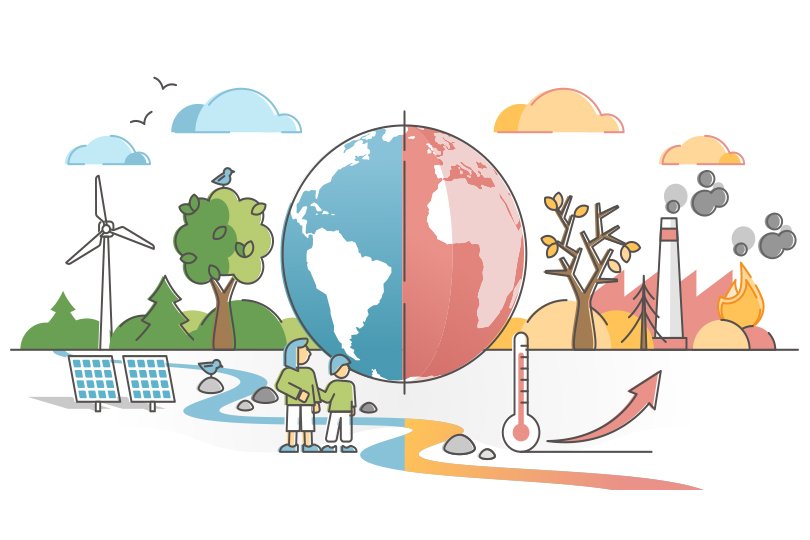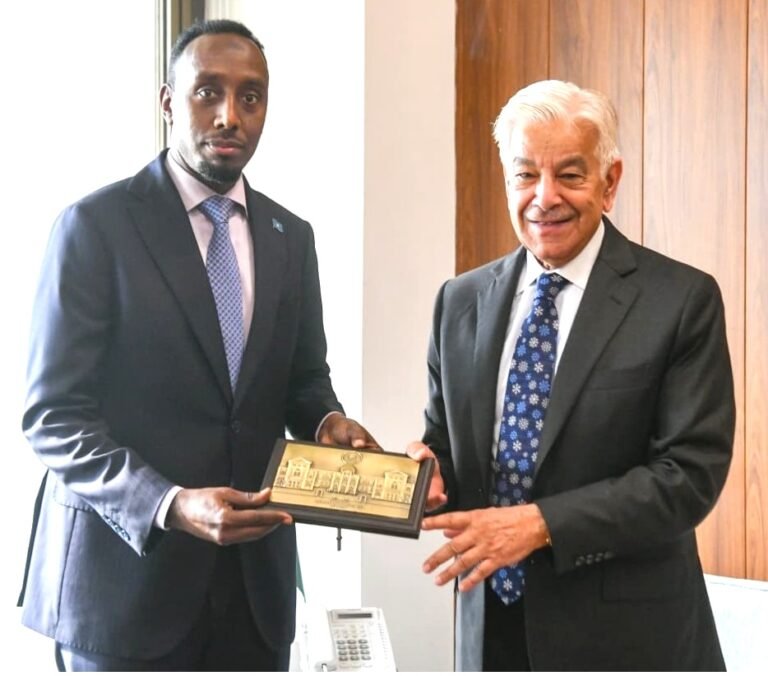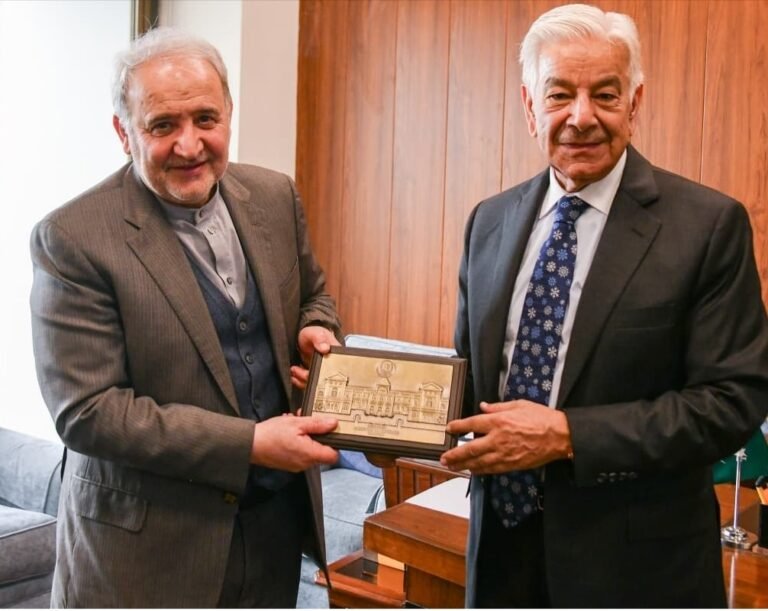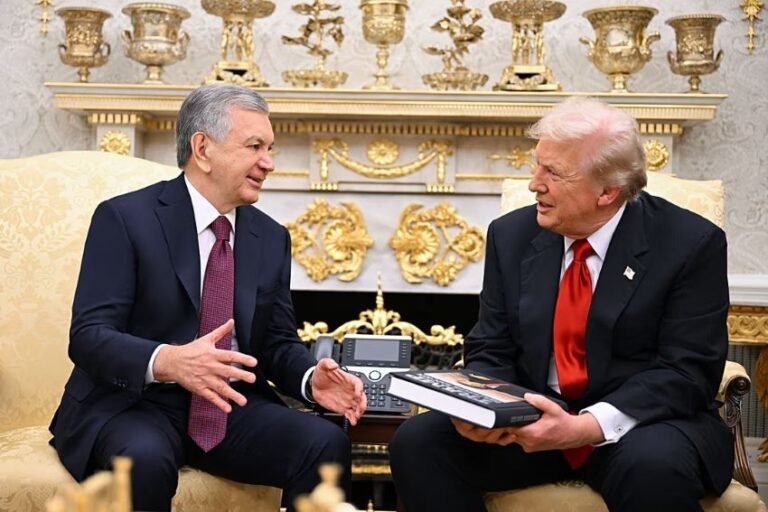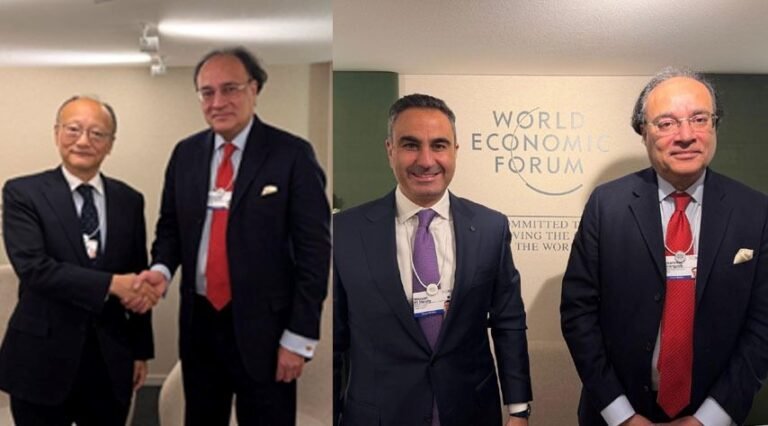The World Bank reports over 90 million Bangladeshis, nearly 56% of the total population, live in high climate exposure zones where rising water, cyclones, and extreme heat are common phenomena. This statistic offers an absolute tableau of climate injustice for Bangladesh.
Offspring learn to swim before learning to read and write; out of necessity and survival. The dream of generations fades before it finds the light. This is the ultimate reality of the country whose contribution is only 0.47% of the world’s carbon emissions footprint. Nevertheless, the climate future is scripted in the air-conditioned rooms of New York, Dubai, or Baku by those whose carbon emissions unleash this injustice.
Is it equal governance? No, it is the artifice of climate colonialism.
The current multilateral cooperation system functions as a forum of power. The North dominates the agenda, packages conditional funding, and symbolizes financing as charity; not as compensation for their unjustified emissions. Climate-affected nations like Bangladesh get themselves systematically marginalized and structurally dependent on the negotiation table of asymmetrical powers.
Finance fasade: Debt over justice
The failure of pledging $100 billion annual climate finance remained unmet from 2009 to 2021, said the OECD. Ironically, nearly 70% of financial transactions happen in the form of loans, not as grants, according the Oxfam. Don’t these loans further exacerbate the debt burden on recipient countries like Bangladesh that are not responsible for this crisis?
The United States, together with the members of the European Union, holds climate leadership but shares a mere meagre following their historical emissions. Moreover, the political shifts in the US restrict the disbursement of global climate finance.
Although they are continually failing to mitigate CO2 emissions, their funding priorities focus on carbon markets over context-specific adaptation measures. Therefore, community-led adaptation funds are functioning by bypassing local institutions, reinforcing vulnerable countries as clients or structurally dependent.
Asymmetrical power: Exclusion in decision making
Where there is funding, there is politics. Financial governance translates into political dominance. The Northern priorities boss the institutions like the UNFCCC and the GCF through their financial resources.
Renowned scholars like Timmons Roberts and Farhana Sultana examined that these institutions suffer from a democratic deficit, and those most affected have the least say. Besides, bilateral climate negotiations of developed-developed nations reach cooperation, but the developed-developing ones often falter due to the absence of reciprocity.
Thus, financial or political_ power asymmetry generates dominant and subordinate roles in decision-making.
In economic diplomacy, countries are penalized through tariff barriers or sanctions for violating trade norms. But in climate diplomacy, countries miss numerous commitments and legal duties like emissions targets and financial pledges, but carry no penalties. So, it remains a question_ who will bell the cat? Who will dare to hold the powerful accountable?
Inevitably, the marginalized countries have to bear the burden and conditions only for accessing a minimum support. This power asymmetry is pivotal to the neocolonial dynamic of climate governance.
The COP29 has formally activated the Loss and Damage Fund, but has a shortfall in accumulating the minimum funding. However, it is still under the donor’s preference. Importantly, over 1700 fossil fuel lobbyists influenced this conference, where Azerbaijan’s presidency facilitated fossil fuel deals rather than a fossil phase-out. Was it not an absolute hypocrisy?
If we imagine the global environment as a battlefield, climate-driven disasters are the enemy, and climate policies are our soldiers. Our soldiers are outfitted with bulletproof vests, our adaptation strategies, which are framed to survive somehow. But unfortunately, they are unarmed. They have a lack of tools for fighting back.
Apart from proactive and offensive strategies, somehow, they live out temporarily, but they cannot conquer. Therefore, proactive policies like deep decarbonization or fossil fuel phaseout are required urgently. Current global climate governance teaches us just to cope with the harms, not alleviate the cause. Is it called resilience, or is it called surrender dressed to policy? Whether it is, the architects of this crisis are shaping the policies.
What must change to ensure justice?
The world must ensure genuine partnership among all countries over the donor-driven paradigm. The Global South should cooperate with the demands and initiatives of mostly climate-vulnerable countries, empowering platforms like the Climate Vulnerable Forum (CVF), G77, and AOSIS.
The UNFCCC and the GCF must have a democratic system in decision-making where vulnerable and affected countries should have a say or voting power equal to the financial donors.
The new annual climate finance goal of $300 billion must be pledged in reality, under which grant-based financing should be prioritized rather than creating a debt cycle by giving loans. Importantly, the grants should be framed as justice-driven, not charity. Also, it needs to be directly accessible by reducing intermediaries.
A binding enforcement framework must be there for an independent and fair monitoring and accountability system that would be regulated through a transparent constitution.
Ending the colonial chapter
Current global governance is still facilitating the historical emitters. Donor dependency, symbolic assistance, exclusion in decision making, and many more are creating climate colonialism. It is a system of externalizing inequality through systemic and structural control.
If you think climate change is a global crisis, justice will be the foundation. If you think innocent people are affected, do something unconditionally.
If you think you are responsible for it, arrange equal chances for the other actors at the negotiation table. Unless this shifts, the floodwaters of injustice will rise continually, sinking not just Bangladesh but the credibility of global climate governance.

Akash Ali
Akash Ali is an independent researcher specializing in climate diplomacy, global politics, and IR. He is currently associated with the University of Rajshahi, Bangladesh. He can be reached at akashali2000.ru@gmail.com

